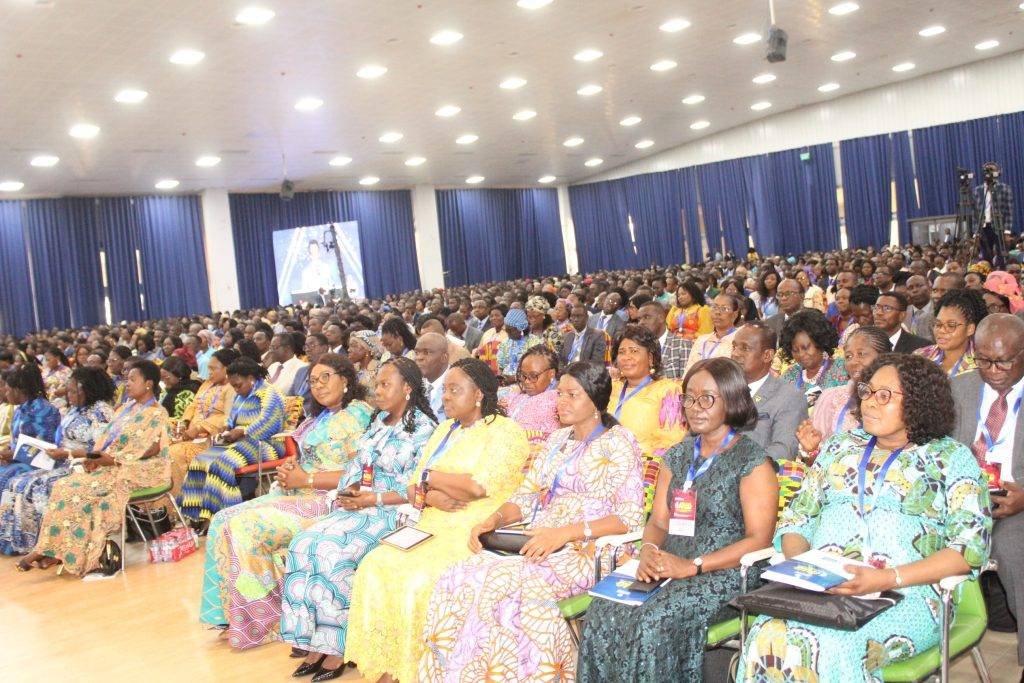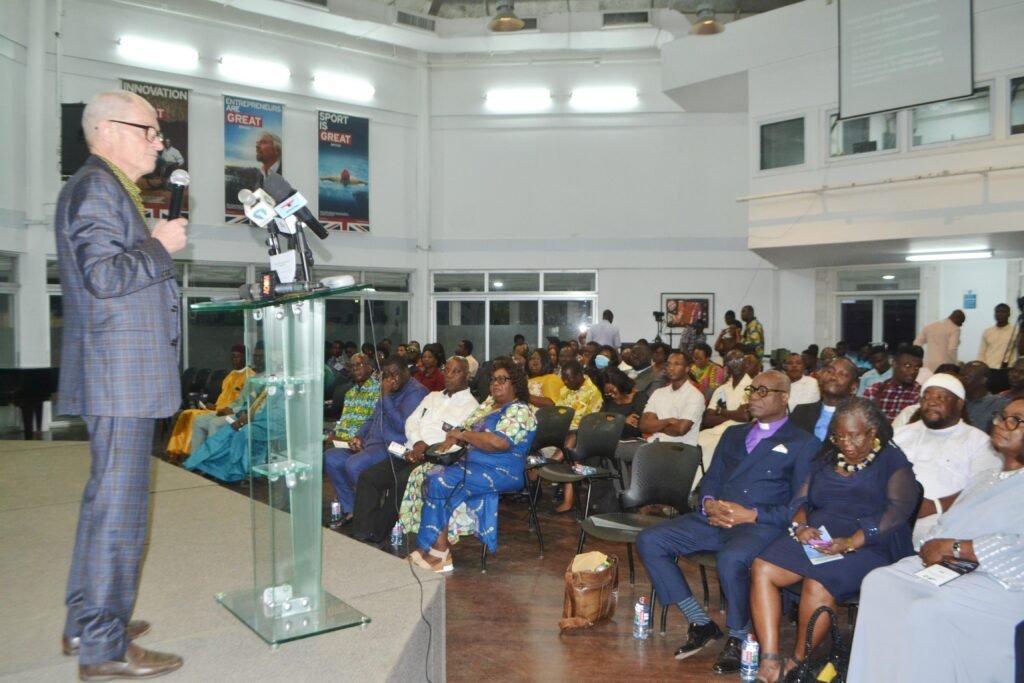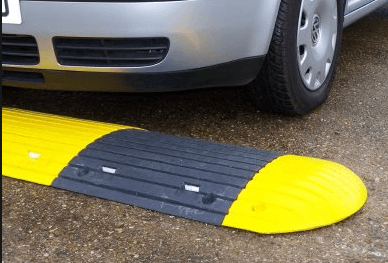
Often times every nation appears to prefer silence over things that grow more than visibly plain and strengthens unstoppably. There are three causes: hypocrisy, haplessness and hope that "obeyeyeyie" (it will be well'). However, this country's predicament in unspoken dilemma has all three. But it can be explained, as if to exonerate; but really not necessarily.
It is found-bound in one word which is complacency that is enveloped and perhaps half-sealed by a general philosophy of compassionate disengagement. We daily recite it... "it is not my business; I shouldn't be involved." The better translation of that was screamed at the country by Osagyefo Dr Kwame Nkrumah in a simple statement and sequitur question: "you say that your country is broke all the time; and country broke or no broke, we day inside. But when your country broke you no day repair am"?. I do not recall there was any reply.
The country ploughed on and achieved what was possible, having not lived on political promises, kept to a modicum within policy enunciations which were reserved for due date-occasions and rarely not by just anyone. It all changed after 1966, the second face of this country's tortuous groping a peace for defined development and pursued focused as the direction changed from socialist to Westminster. Commentaries are that it was switch to thank and please the West [Cold War years] for helping to bring about the new horizons which ditched. That trekked the country between military and civilian populists ideological brands, stalemated until restoration 1992. Hopes have not been fulfilled to date.
The grumbling generally is about who and what to trust; and the growing consensus is apparently converging in not politics and not politicians. Neither UNIGOV nor TINAGOV was acceptable and not indeed tried. Their dismissals would be said to have been without basis despite UNIGOV failing the referendum test and TINAGOV not let to write any examination at all. The foregoing brief is evidence for a need for a sober introspection.
In the story of this country--gold Coast to Ghana, one element had always made the difference--the catalyst for striding forward in self-belief though we agreed to differ. I think and maintain it was the "FATHER FIGURE". I have written severally about that in this very column few years back when the was a reference-emphasis in a speech by John D.Mahama on a stately remembrance day pleading for re-stoking our forefathers' legacy, promise and building on. I examined the history as appropriate as the point fitted poignantly; but the analyses found no solid corpus except that per the oral tradition relays, the "Will" consists of two parts, an injunction that is what you achieve and or have accomplished and one's own example.
Both are advisories which make up the "promise." Ephraim Amu put it best succinctly in that refrain 'the betterment of the nation depends on its peoples' life.' In the years of great achievements there was one national rallying post--the "Father-Figure." The reasons for the emptiness is it looks like an anathema to power-seekers, inordinate ambition(s), a concomitant; the politics of emptiness breathing enmity which has installed divisiveness and stalks the polity. However, it is true the start of phase-II of the country retrieved that quality persona. But it lasted only a year only in the person of Gen Joseph Ankrah, because he had to quit, trapped. Research and or history are yet to explain properly.
The second missing factor is a national identikit, talked about so once in every while and dropped, crowded out by politics. Therefore, what has politics won outside of independence 62 years ago?. Name it from "A-Z". I should locate the answer from a capsule from Black American academic nationalist activist Prof Derek Bell quoting:
"Dearest friend,
I have folded my wings for a little while and returned to the world. I have learned all that I can from reading about our people's condition. It appears that my worst fears have been realised; we have made progress in everything; yet nothing has changed. Our people's faith has altered, compelling rectitude and actions on the law of the land; yet their lives are deprived and stunted. Our case is righteous; but we have ask the question: have we prevailed?."
Let me take up next the Triple-problem--hypocrisy, haplessness and hope. Interestingly, it is our collective second nature. The references in that quotation are correct applicably here. It so happens that hypocrisy tends to make one look 'hapless' especially from (a) the compassionate disengagement which each of us would instantly invoke because we think and expect someone else to file in the correctives and (b) the two fears: forfeiting the daily bread and or causing offence that would alienate--indeed become an enemy being pro patria.
That is the abdication which pretends the "hoping." to complete the triangle in which we live, self-made. I believe a couple of illustrations amplify the meanings: Accra is over-populated because a false notion and concentration of everything tearing at the seams raises no eye-brows anymore. The notion which is a stuck-belief in the rurals and urbans is "Accra in Ghana and Ghana is Accra." Therefore everyone leaves for "Accra is good-life." But Accra epitomises the stench and filth which swamp the country.
A certain grumbling which is pernicious ethno-morally is the murmured dissent over "everyone foreign visitor is taken to the Manhyia Palace." Kumasi is not thoroughly exempt from the environmental degradation but the Palace can lay the 'red carpet' and has revered leadership among country-Chieftaincy, troubled by vexatious litigations over successions. Our forefathers who led were either great chiefs or backed up those among them who easily emerged-deserving, each in praesenti--in their own right through dint of hard work--quality and dedicated to their commitment to their country, regardless of even self let alone political party and politics. Listing names is invidious and because we have memories of them, not all though.
It is a delightful hope that the renaissance for history to be restored as "core" subject would faithfully fill in the knowledge-gaps, a miserable default so woefully created by misplaced policy priority. A third crucial matter concerns simple issues to ask our professionals to give us inventory of their contributions since we have them beaucoup. I wonder the percentage of this group among our contractors--building and road construction only and add the engineering brigade relative to power supply.
I am not indicting anyone, but I am pained to cite in view of years of agony for a country with so much spent on so-called "foreign expertise" to count on our local lot who complain; yet their work is shoddy reportedly all the time. Finally, lets refer to "BOOKLONG"--Scholar Literati. I can defend their cause to a limit through a truncated narrative which should throw light extendedly on so many for blame to locate itself to wit. We had wrapped up a national communications policy in 1998. "We" represents 24 Ghanaian male/female experts.
[To be concluded]
(c) Prof nana essilfie-conduah.
Read Full Story
















Facebook
Twitter
Pinterest
Instagram
Google+
YouTube
LinkedIn
RSS